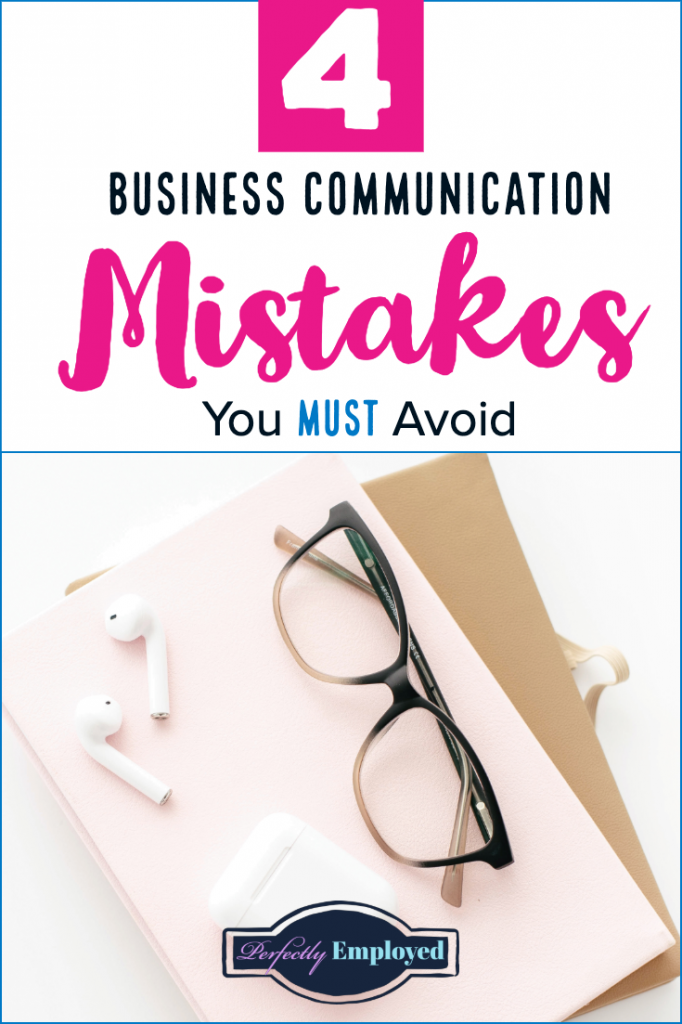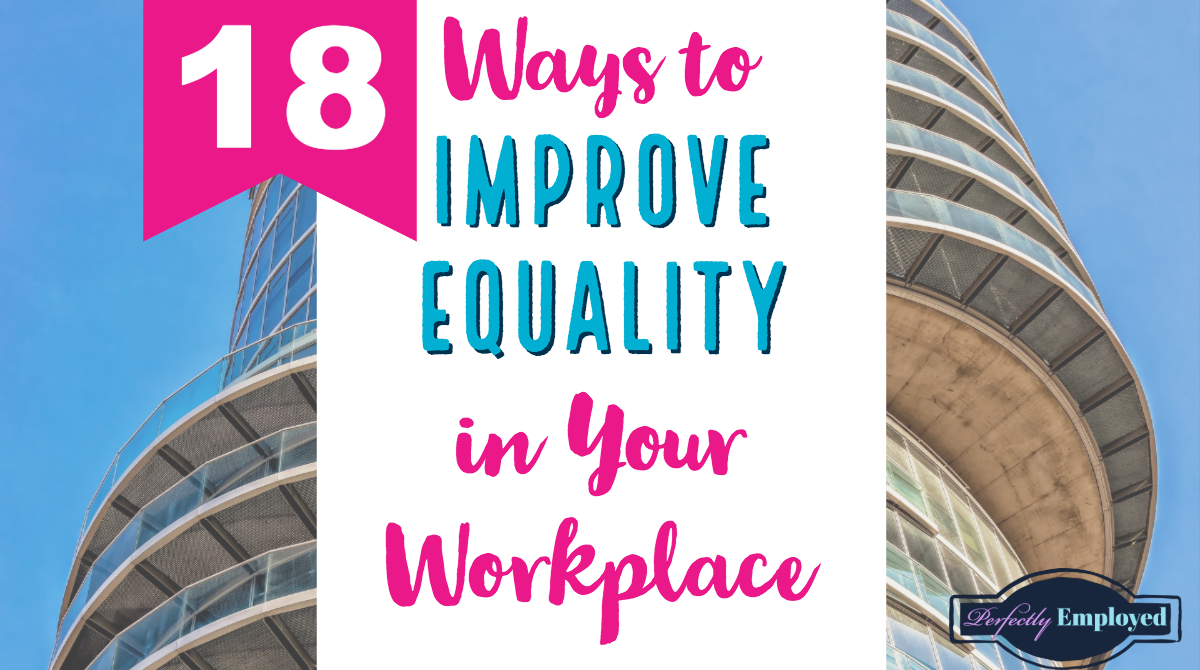
Most people start their jobs with high expectations – however, after working with their dream company or on their dream job for some time, some employees feel stuck in a rut. Burnout is pretty common, and it affects almost 50% of all workers. If you have lost the knack for your current job, finding a new job may be a solution. But since the Covid-19 pandemic has negatively impacted the job market, you may want to hold on a bit before you quit. But in the meantime, here are the top 11 ways to help you rediscover your interest in your job.
1. Seek Mentorship
It may be time to humble yourself and seek help from senior mentors to rediscover your passion for the job. Mentors can take you through a variety of counseling sessions that will guide you to your goals. Schedule some time to work on your learning objectives. These should be directed towards absorbing knowledge and skills that are applicable to your current job. More often than not, when workers experience frustrations with their careers, chances are they are overwhelmed by the numerous tasks on their tables. When you seek counseling and learn new skills, your competence level is likely to increase. You can then apply new approaches to your current tasks and overcome challenges.
2. Talk to your Boss
If you have lost interest in your job, don’t keep it to yourself. Open up to your boss and brainstorm with them. Sometimes, you may not necessarily hate the whole job, but just one aspect of it. In that case, you can talk to your boss and convince them to give you tasks that are more exciting. On the other hand, for self-employed business owners who are struggling to do all the boring tasks by themselves, you should consider outsourcing your tasks to virtual assistants. This will free up some time for them to focus on building the core aspects of the business that are exciting.
3. Volunteer for a Project
Until you challenge yourself to experience how other people also cope with their careers, you won’t appreciate your job. Sign up for a volunteer project that involves helping people who struggle in one way or another. Your volunteering experience may turn out to be a turning point in your life if you later realize that the job you hate is way better than what others go through.
4. Swap Tasks with Coworkers
Another way to minimize the energy drain associated with your job is to swap tasks with coworkers. This can boost your energy and help you find your balance. Instead of complaining about your boring job, you can delegate or reassign your tasks to team members who may be interested in swapping tasks. If that’s not ok with you, then consider renegotiating your tasks with your boss or supervisor, as mentioned. Explain how it matters for you to get a fresh start on new tasks.
5. Understand Why
Asking yourself simple questions like why you chose the job, and what made you enjoy it at first, is also necessary. Answering these questions will increase your awareness about the job and what can be done about it. It will also allow you to figure out the things that work and those that don’t. The bottom line is that if you can visualize where you want to be, and your current situation, then making big decisions becomes easier.
6. Consider the Advantages: Why Should You Stay?
Motivation is the fuel that drives people to forge ahead despite the face of challenges. Finding your motivation means you have to understand the good factors that make you think to stay in the job is worth it. Life in the job market is like a rollercoaster ride. And so, there are ups and downs. You don’t have to love your job every day. But at least you should have good reasons for wanting to stay in a boring job. Set your goals, and check whether the job can help you achieve them in the long run. When you discover the compelling reasons that make staying in the job a must, you can stick to it. Conversely, if your reasons for wanting to stay at the job aren’t giving you enough motivation, then maybe you should really quit it.
7. Add Exciting Activities into your Job
Are there other things that you will readily do without asking for a paycheck? What extracurricular activities excite you? Answering these and many other interesting questions can turn things around your corporate job. If you’re talented in giving advice on certain topics, why not add that to your normal job? After all, people will consult you for expert advice on how to do certain things. You can also convert your talent into a side hustle, and make money doing what you can do for free. Workers who are able to combine their normal schedules with other interesting side jobs can find happiness in their business because they know that they are not keeping all their eggs in one basket.
8. Pat Yourself on the Back
It can be discouraging to put in a lot of effort into something and constantly not be recognized for it, and this is a valid reason to quit. But frankly, you don’t have to always wait for people to appreciate your good works. Sometimes you need to acknowledge your own achievements. You sure have your rosy days when everything fared fantastically. Now, reflect on your achievements, and be happy about how far you have come. Thankfully, loving your job and hating your job are two things that are not beyond your control. Whether you make up your mind to resent or love your job is all in your hands.
9. Change Your Working Gear
Lack of love for a job may also stem from the nature of the tools, equipment, and even the safety gear you use to work. Bad work tools can pose a danger to your health, and also dampen your desire to go to work. You can do your part by finding some tools to reduce or eliminate your risk of injury or health issues. For example, consider getting yourself prescription safety glasses made in USA to protect your eyes. Frontline workers may also want to get themselves nose masks, gloves, face shields, and hand sanitizers to stay safe from the Covid-19. Also, consider changing the outdated, slow-running computer in your office before it kills your interest in your job.
10. Work with People You Love
No matter our work environment, you can take the initiative to work with people you share the same interest with. Government workers may not be able to choose their coworkers, but they can collaborate with other teams they love. Pick a project that aligns with your interest, and work with amazing teams. By working with people who are optimistic about the future and believe in raising the bar, you can harness their positive energy and rediscover your passion for the job.
11. Prioritize Self-Care and Improve Your Confidence
Are you a workaholic who has little time to take care of yourself? Then maybe you are doing it the wrong way. Too much work can stress your mind and make you hate your job. So, take a break from work, and take good care of yourself by eating better, sleeping better, and doing physical exercises.
The world of work is a competitive and cutthroat environment, and doing your best to improve your confidence and performance is one of the best things you can do. There are so many factors that you need to try to get right when looking to thrive in the work environment. One of the best ways to achieve this is to make sure you are informed as much as possible, and there are loads of great ways of gaining the right information and being more informed in the process.
It is vital to come up with some of the best ways to improve your confidence, and you need to work on being more informed. For example, if you want to find out baseball news, sourcing information from experts like Daniel Todd Lerner is one of the best ways to do this. This is why focusing on some of the best ways to gain prominent information to improve confidence is vital.
To wrap things up, it’s sometimes normal to feel that your job isn’t right. But before you hang up the job, reflect on the above points and see if they can help you fall back in love with your work.
Save to Pinterest















